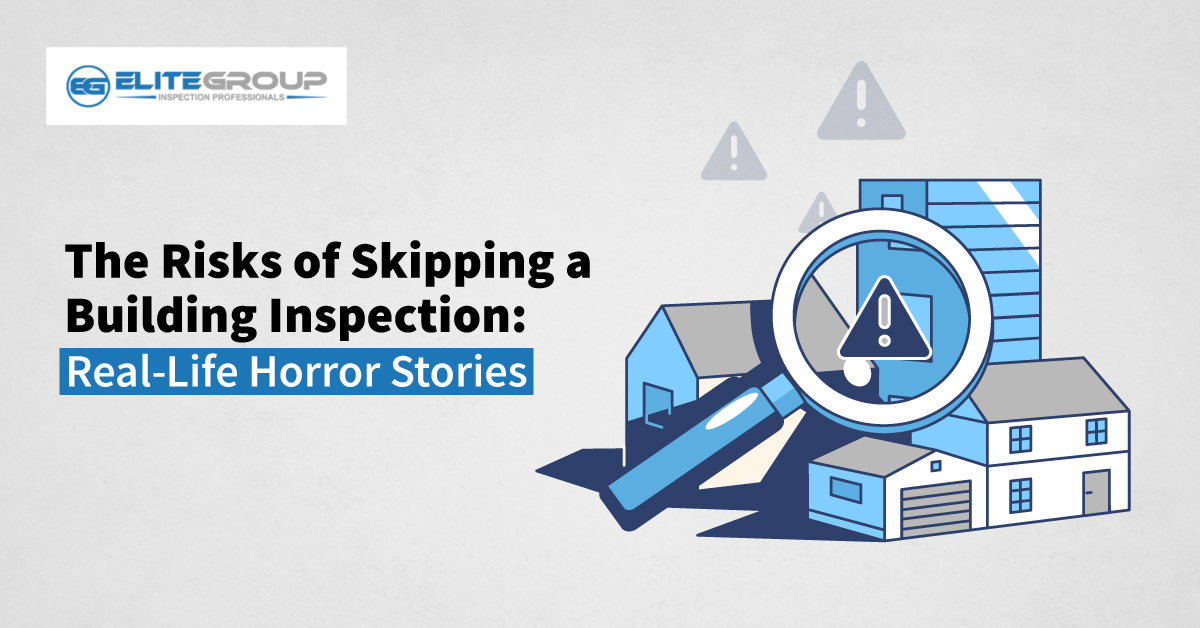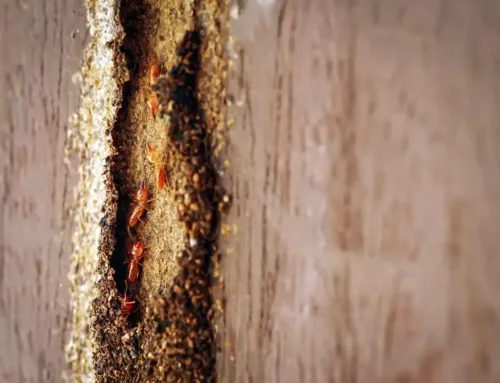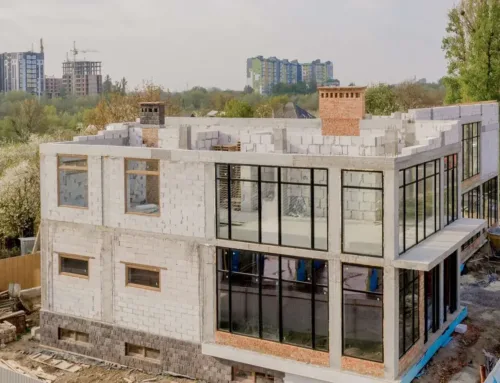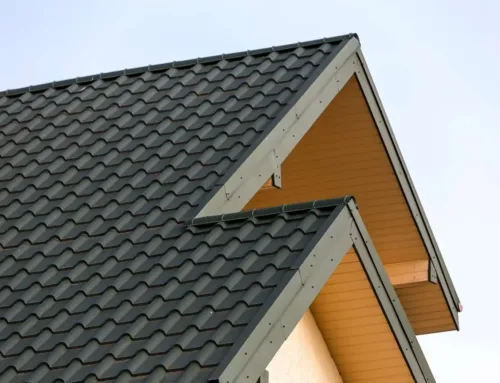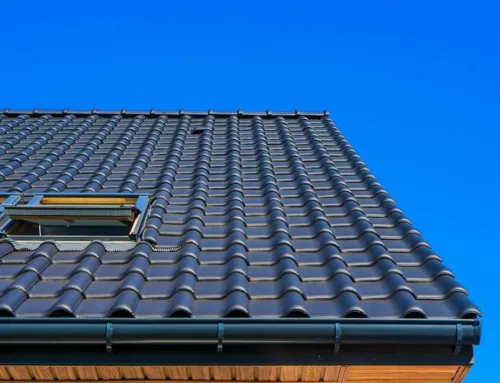The decision to skip a building inspection might appear inconsequential when buying or renting a house. The results of skipping this essential step, however, might be disastrous. Furthermore, building issues can range from undiscovered mold and asbestos to improper electrical wiring and structural problems. These risks can jeopardize your financial situation and safety. Real-world horror stories illustrate the potential consequences of skipping or neglecting a building inspection. We will examine some of the most frightening real-life horror stories of skipping a home inspection in this blog and the significance of scheduling property inspection services in San Jose when buying or renting a property.
What is a building inspection, and why is it important?
A building inspection is a thorough examination of a building’s mechanical and structural components to spot any potential problems or flaws that could endanger the safety of the building’s occupants or the structure itself. A home inspector in Clovis certified to perform building inspections has the knowledge and training to spot potential dangers and assess a property’s condition.
One cannot overestimate the value of a building inspection. A building inspection can give buyers or tenants essential knowledge about a property’s state, assisting them in making informed decisions regarding their investment. For instance, if a building inspection reveals severe plumbing or electrical problems, homebuyers can use this knowledge to bargain for reduced prices or repairs.
Furthermore, to guarantee occupant safety, building inspections are essential. Building inspections help prevent accidents and injuries that may happen due to potential dangers like mold, asbestos, or defective wiring by identifying these hazards. Building inspections can also spot structural problems that could endanger the safety of the building’s occupants by jeopardizing the structure’s integrity.
A building inspection can also help locate problems that might not be readily apparent to an untrained eye. For instance, a Clovis home inspector might employ thermal imaging to spot poorly insulated building portions or a moisture meter to see probable leaks or water damage. These advanced methods and tools can aid in locating possible dangers that might not be noticeable during a casual walk-through.
Also, a building inspection can assure buyers or tenants that the property they are buying or renting is safe and structurally sound. For people renting or buying a home for the first time, or those without experience in appraising the state of a structure, this can be very crucial.
Real-life horror stories of skipping building inspections
Real-life horror stories serve as warning tales of what can occur once you neglect or skip building inspection entirely. However, skipping a building inspection may seem like a minor decision, but its possible consequences can be severe. These dangers can jeopardize your financial situation and safety, from undiscovered mold and asbestos to improper electrical wiring and structural problems.
In one true horror story, a family bought a house without getting a building inspection. After moving in, they soon became aware of a musty odor and mold growth in the basement. Further, they also discovered that the mold had spread throughout the house, seriously affecting the family’s health. It was later found that the house had previously undergone water damage, which encouraged harmful mold growth.
Another horror tale involved a rented home that had never undergone an asbestos inspection, or maybe it went through a poor inspection. The residents started having respiratory issues, which led to an investigation. It was found that the building had severe asbestos pollution, which endangered the occupants’ health. Afterward, the landlord was held accountable for the affected tenants’ remediation costs and medical bills.
Another case included a homeowner who bought a property without first inspecting the building. When the homeowner started having electrical problems a few years later, it was discovered that the previous owner had installed improper wiring. Due to the serious fire risk created by the defective wiring, the homeowner was obliged to spend thousands of dollars to completely rewire the house.
These true horror experiences warn about the value of inspecting a building before buying or renting a home. Building inspections can spot potential risks and flaws that aren’t always obvious, helping to avoid accidents, injuries, and expensive repairs. Although a building inspection could initially appear like an unnecessary investment, it is crucial to prioritize one.
These horror tales illustrate the financial and legal repercussions of omitting a building inspection. In some circumstances, landlords or property owners may be held accountable for losses or injuries brought on by dangerous conditions that an inspector might discover during a building inspection. Property owners and landlords can protect themselves from legal and financial liabilities by completing a building inspection.
Common issues found during a building inspection
Water damage is one of the most typical problems identified during a building inspection. Many things, such as leaks in the plumbing or roof, poor ventilation, or flooding, can result in water damage. Untreated water damage can result in mold development, other health risks, and severe structural damage to a building. The presence of stains on walls and ceilings, musty smells, and warped or sagging flooring are all indicators of water damage, which a building inspector will look for.
Electrical issues are another concern frequently discovered during a building inspection. Outdated outlets or switches, old or broken wiring, or overloaded circuits can all result in electrical issues. Electrical problems can be hazardous, resulting in fires, electrocutions, and other risks. To ensure the electrical system complies with regulations and is suitable for usage, a building inspector will test it.
Another frequent problem identified during a building inspection is foundation issues. The stability and security of a building depend significantly on its foundation. Many things, such as soil settlement, water damage, and poor construction methods, can lead to foundation issues.
The roof serves as the building’s first line of defense against the weather, and damage to it or poor upkeep can result in structural damage, water damage, and other issues. Moreover, roofing issues are commonly found during a building inspection. A building inspector will inspect the roof for damage, such as missing or broken shingles, sagging or uneven areas, and indications of water damage.
Next, plumbing issues are often discovered during a building inspection. A building inspector will detect plumbing issues if there are leaks or poor water pressure. Leaks, blockages, and old or damaged pipes are just a few of the things that can lead to plumbing issues. Water damage, mold growth, and other health risks can result from plumbing problems.
Schedule a comprehensive building inspection with Elite Inspections today to ensure your property is safe and valuable. Our experienced inspectors use the latest tools and techniques to assess every aspect of your property to give you the peace of mind you deserve.

